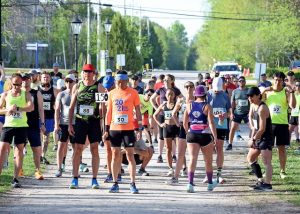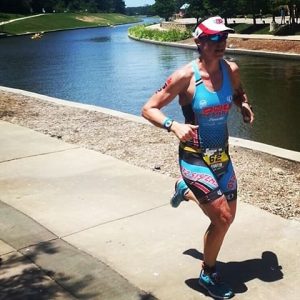- Build your season as you build your fitness. A shorter distance race early in the season gives you the opportunity to try out your gear, practice transitions and get into the racing headspace. As your fitness and endurance builds, you’ll be better prepared to take on the longer distances.
- Choose your ‘A’ race and build ‘B’ and ‘C’ races around them in your calendar. The ‘A’ race/s are those you want to be ready with your best performance – the ‘B’ races are for experience, and ‘C’ races are for experience or part of a longer training day.
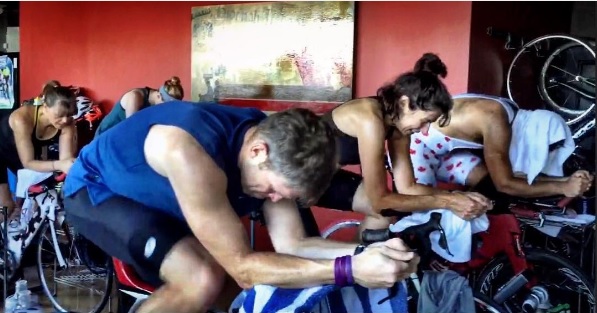
3. Foundation training starts early in off season for base fitness and durability, and should include full body strength work. This prepares your body to be strong enough to handle the endurance build, skill development and speed work later in your training program.
4. Skill development in all three disciplines happens over several seasons. Think of your multi sport training as a five year plan. Having a clear understanding of your strengths and weaknesses now allows you to leverage those strengths during race season, then work on the weaknesses in off season.
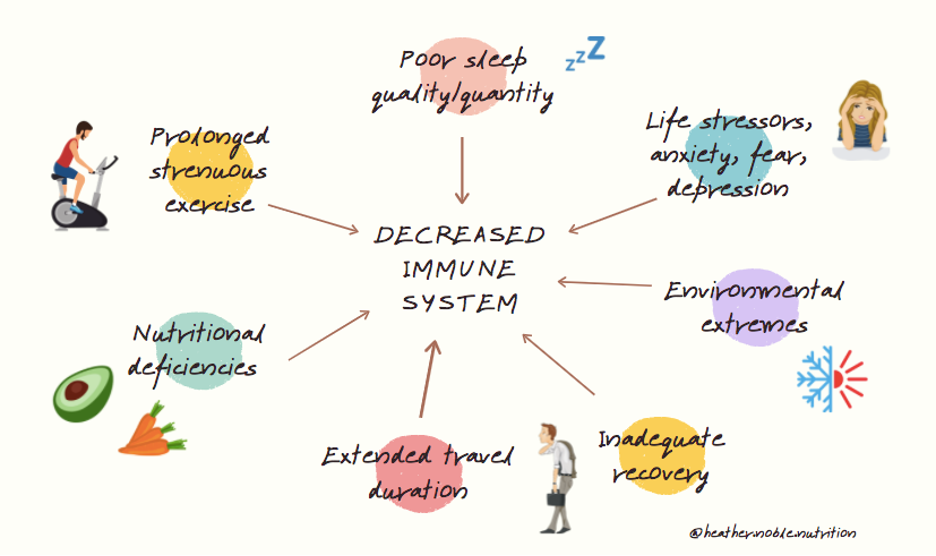
5. Nutrition is essential for training, performance and recovery. This includes your day-to-day hydration and nutrition, as well as sport nutrition. Day-to-day nutrition supports your training and recovery. Sport nutrition supports performance during activities. Practice with the sport nutrition you will use on race day so your body is trained to handle it – and you know how you will carry it during a race situation.
6. Make significant gear changes early in the season. You want to be comfortable with your shoes, wetsuit, bike fit and bike set up well before race day. Trying something new on or just before race day can result in some hard lessons that could have been avoided!
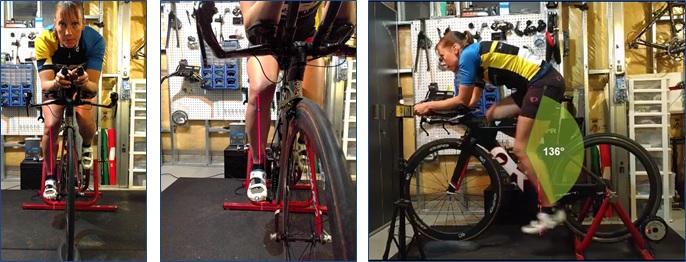
7. Training with groups vs training solo – keep it balanced. It makes sense for both safety and motivation to train with groups, but don’t let that be the only way you train. You will race solo, and need to know that you can get through the hard parts with your own skills and your own inner resources. That said – a training camp is a fantastic way to learn, practice and share the training experience.
8. Consider getting a coach. Programs that sketch out a training plan for a certain distance or time are great guidelines to start with. However, when it comes to execution, they can’t respond to your own experience. The benefits of having a coach include:
- takes the guess work out of planning your season and each workout
- takes advantage of education and experience
- ensures guidance for dealing with adaptations required due to missed workouts or injuries
- gives you a positively biased and knowledgeable training ‘partner’ who understands you and your progress well enough to provide encouragement, sound advice, or deliver a good butt kicking!
To see this video and more from CL Performance Training, visit our YouTube Channel.

